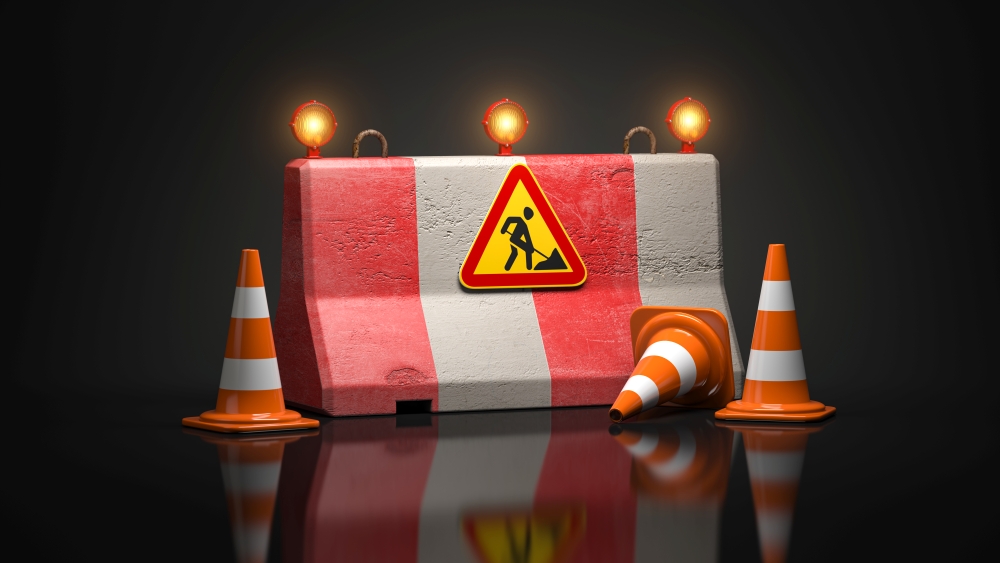Report: COVID Pandemic Continues to Rock Motorcoach Industry as Recovery is Slow
The American Bus Association – the industry leader advancing North American motorcoach travel and tourism – released a report today showing how the COVID-19 pandemic has affected the motorcoach industry not only in 2020 but also in 2021.
“We have found that the motorcoach industry recorded an 82.6 percent loss of business in 2020 because of the COVID pandemic,” said Peter Pantuso, ABA President & CEO. “While we saw some recovery happening in 2021, the Delta and Omicron variants slowed down recovery and caused the industry to experience a 62 percent loss. We won’t see recovery until at least 2023.”
Since March of 2020, when COVID-19 hit the nation and a government-imposed shutdown followed, the motorcoach industry has suffered unprecedented economic loss. These losses have continued to this day, and the industry is showing little sign of improvement.
Some of the worst losses have been in the charter bus industry, which before had been the largest of all the various motorcoach services. Overall, this segment of the industry experienced an estimated 57.1 percent reduction in revenues in 2021. Scheduled and commuter services are estimated to be down by 69.2 and 74.3 percent respectively for the year. Only special services – like airport shuttles – are estimated to have shown some improvement down by just 35.4 percent for the year.
“The motorcoach industry is more than just another transportation choice for many Americans,” said Pantuso. “We are an important piece of the nation’s infrastructure and economy. We move more than just students on field trips and commuters to work each day, we connect rural areas to bigger cities; evacuate people when natural or man-made disasters are occurring and move our military to where they need to mobilize to protect this great nation. While people may not notice the lack of buses on the road, they do notice the lack of mobility opportunities that buses have provided them for over a century.”
The impact on the industry will also likely last for many years as most companies are reliant on trips and events that are scheduled months, or even years, in advance. Short term grants pursuant to the CARES Act, including the Paycheck Protection Program and Economic Impact Disaster Loans, will not be effective to ensure that companies do not go bankrupt, leaving many small towns and rural parts of the country with no transportation choices.
The motorcoach industry is facing an unprecedented economic downturn as a direct result of the COVID-19 pandemic, in line with all other public modes of group transportation. Unlike many other businesses, the capital-intensive nature of the motorcoach business, along with the cost burdens associated with its regulated workforce, make it especially difficult to reopen once operations are halted. This, coupled with the expectations of a lengthy recovery period, suggest that the monies allocated through the Coronavirus Economic Relief for Transportation Services (CERTS) program will not be sufficient to keep many operators in business.
“This industry is not asking for a government handout,” said Pantuso. “We have always been very independent and never needed the government to come in and save us until now. We need a bridge to help our industry survive the pandemic. We have already lost half of our businesses; America can’t afford for us to lose more.

